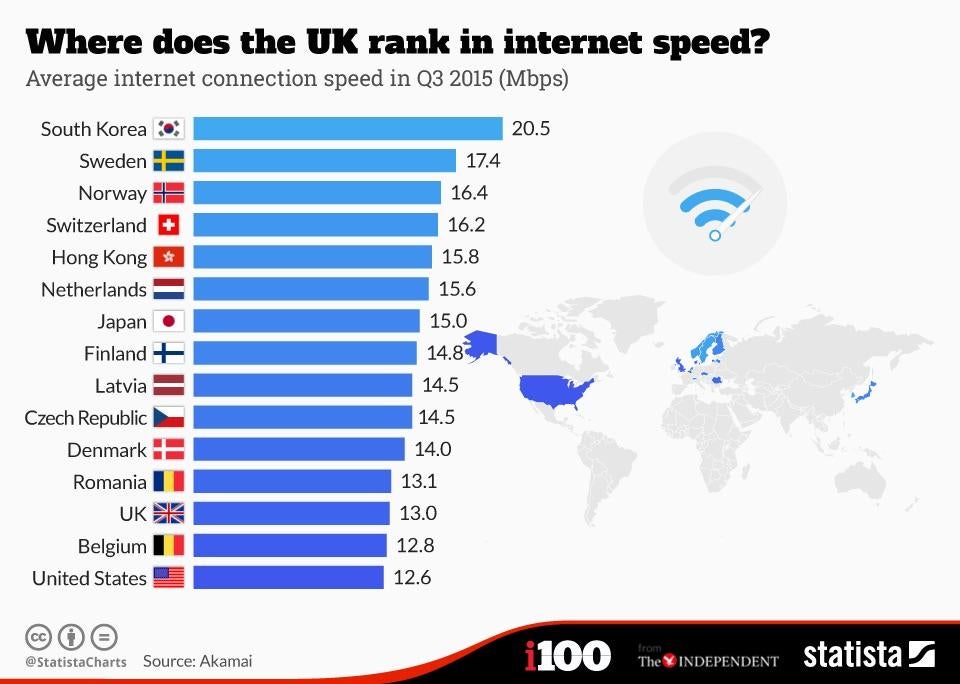Today is the 25th anniversary of the World Wide Web

It has changed the lives of millions of people around the world - and today, the web marks 25 years as a publicly available service.
It was British computer scientist Sir Tim Berners-Lee who gave birth to the idea while working at a Swiss physics laboratory in 1989.
The first server was launched publicly, two years later, on August 6, 1991.

According to the latest Government statistics published in May, 87.9% of UK adults - more than 45.9 million people - used the internet in the previous three months.
Sir Tim originally developed the web to meet the demand for information-sharing between physicists in universities and institutes around the world.
Other information retrieval systems which used the internet - such as WAIS and Gopher - were available at the time, but the web's simplicity, along with the fact that the technology was made royalty-free in 1993, led to its rapid adoption and development.
By late 1993, there were more than 500 known web servers, and the world wide web accounted for 1% of internet traffic. Two decades later, there were an estimated 630 million websites online.
Join our commenting forum
Join thought-provoking conversations, follow other Independent readers and see their replies
Comments
Bookmark popover
Removed from bookmarks